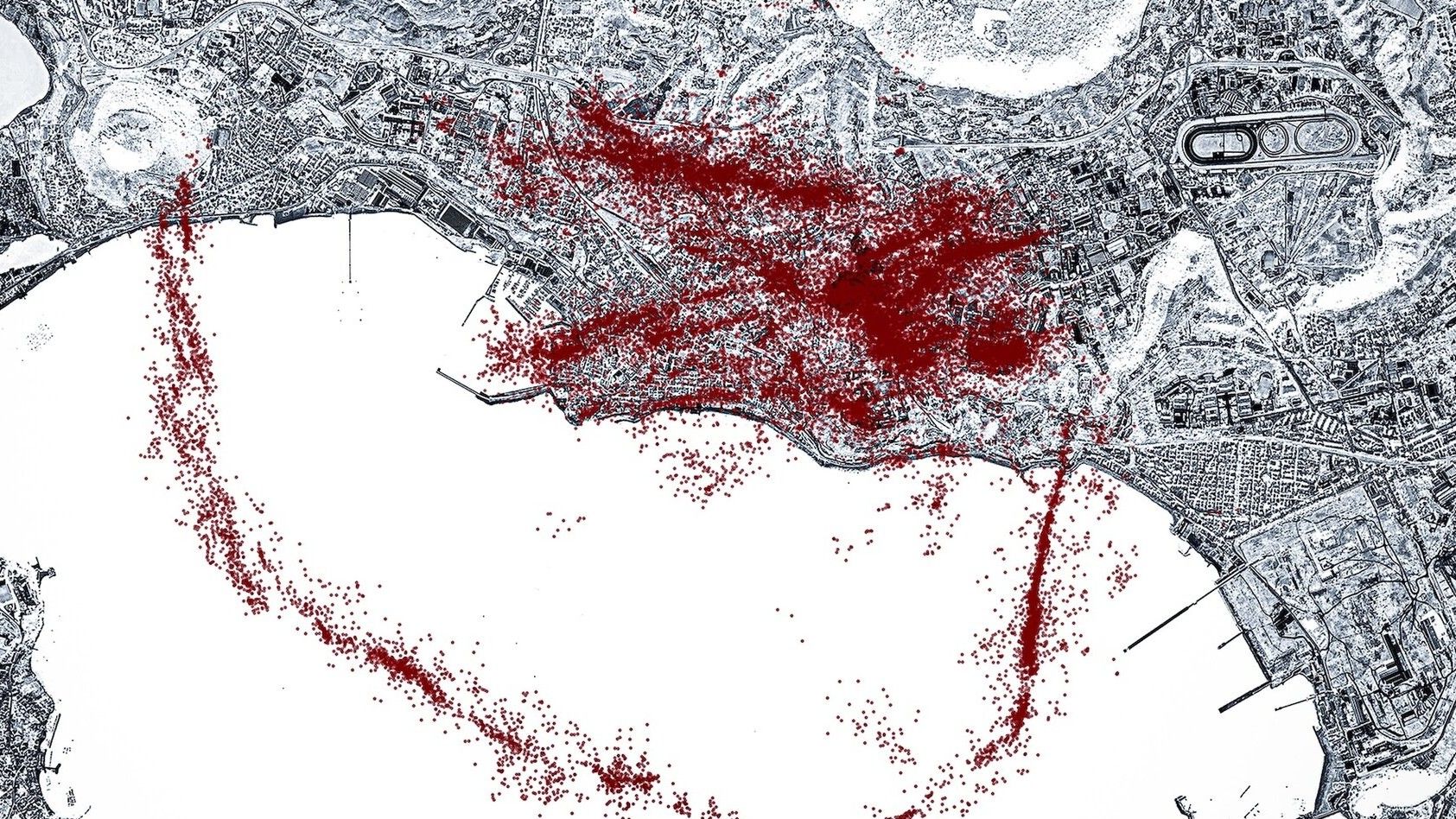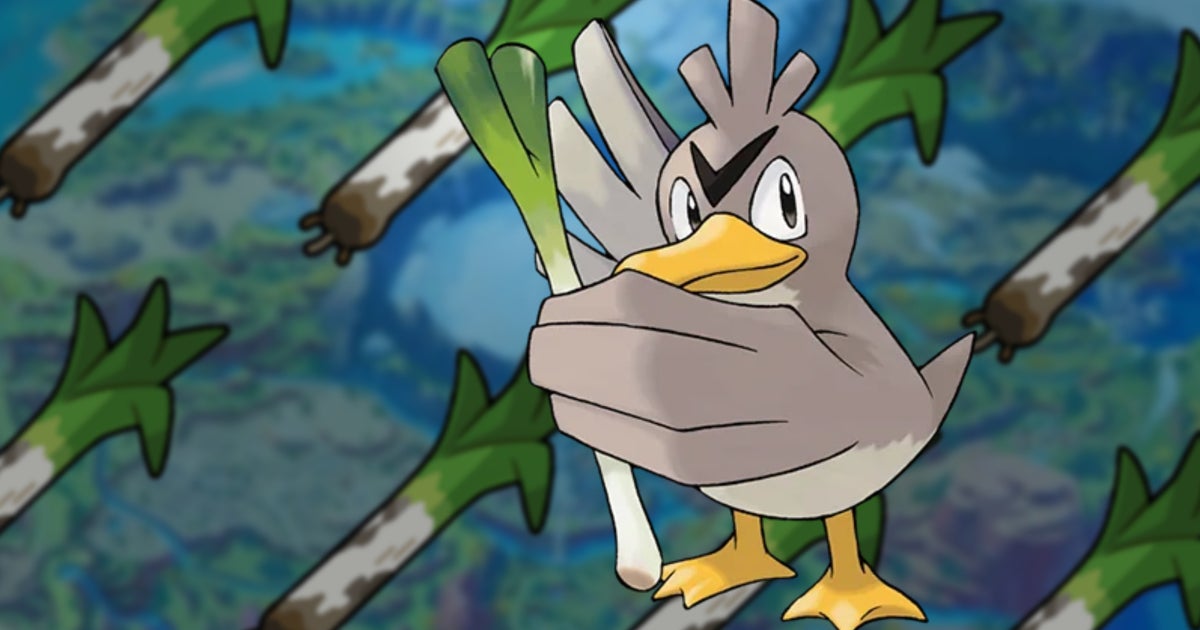This article contains spoilers about Eden.
- Ron Howard reveals what’s fact vs. fiction in his new film, Eden, which is based on an unbelievable true story.
- Yes, that bonkers birthing scene with Sydney Sweeney’s character in a cave surrounded by wild dogs actually happened, and Howard has been to the cave.
- Plus, the director discusses how his changes to the story allowed the film to center on the women.
There are wild true stories, and then there’s Eden.
Directed by Ron Howard, the thriller tells the real-life tale of what became known as the Galapagos Affair, wherein a group of eight Europeans, disillusioned by the onset of fascism and a looming world war, settled on the uninhabited island of Floreana in 1929. Only half of the group survived.
“Inspired by the accounts of those who survived,” reads a title card at the beginning of the film.
With these words, Howard tells Entertainment Weekly he wanted to make it immediately clear to audiences that the movie is based on a true story. It’s a lesson he learned in an early test screening for Apollo 13. He still remembers an audience member who left a comment card calling the future Oscar-winning movie “terrible.”
“He wrote, ‘Awful’ with an exclamation mark, and ‘more Hollywood bulls—,’ two exclamation marks,” Howard recalls, adding that the man also wrote, “‘They would never survive,’ with three exclamation marks.”
From this, the director realized, “He had no idea it was a true story. It was just a test screening, and that’s why you choose these stories that are stranger than fiction.”
Vertical
His latest stranger-than-fiction film follows Dr. Friedrich Ritter (Jude Law) and his lover, Dore Strauch (Vanessa Kirby), who, in 1929, left tumultuous Berlin for the wilderness of Floreana Island in the Galapagos. Ritter chronicled their experiences in a series of letters, which were picked up periodically by passing ships and widely reported in the press back in Europe. The popularity of these dispatches had the unintended effect of inspiring others to join them. Before long, another family, the Wittmers — Heinz (Daniel Brühl), his wife, Margret (Sydney Sweeney), and his son, Harry (Jonathan Tittel) — arrived on the island.
Relations were strained but ultimately peaceful between the families until the wild and unpredictable hustler Baroness Eloise Wehrborn de Wagner-Bosquet (Ana de Armas) and her two lovers, Rudy Lorenz (Felix Kammerer) and Robert Phillipson (Toby Wallace), showed up. Declaring herself the true owner of the island, the Baroness’s outrageous presence ratcheted up the tension between the settlers, with each group vying for control through lies, manipulations, and, according to the film, murder.
In the movie, Ritter shoots and kills the Baroness, Heinz stabs her lover Robert to death, and Dore murders Ritter by purposefully feeding him spoiled chicken. Rudy, the Baroness’s other lover, makes it off the island, but he doesn’t get far. As revealed in a title card at the end of the film, his body, along with that of the boat captain who rescued him, was later found 150 miles away. Their boat had run out of fuel and blown off course.
In real life, all we know for sure is that the Baroness and Robert’s bodies were never found. Dore returned to Germany, where she died from complications of multiple sclerosis in 1943. Prior to her death, she published her version of the events on Floreana, which Margret Wittmer later contradicted in her own book.
A picture of the real Margret in her later years is shown at the end of the film with the caption: “Margret Wittmer remained on Floreana until her death in 2000. She was 96. Her descendants still live there today. They operate a small hotel for tourists.”
Howard used all of those accounts, along with his own in-person research — including conversations with Floreana locals, even descendants of the Wittmer family — to come to the wild conclusions portrayed in the film.
“All we needed to do was collapse some things, some weather issues, and timetables,” he explains. “But it is a mystery. So nobody knows exactly what the final violent acts were. They just know who disappeared or died. And so in reading the various accounts, there are a lot of vague accusations being put forward.” (For instance, Margret’s account implied that Dore deliberately poisoned her husband with the chicken, but naturally, Dore denied this.)
Vertical
“In putting it all on the table and combining it, it was pretty easy to come up with a very viable outcome,” Howard continues. “And that’s what Noah [Pink, screenwriter] and I went with. So yes, that’s us surmising, but informed by every bit of information that we could find and every understanding of the characters and who they were and what their inclinations were and how violent they could tend to be and so forth.”
One shocking moment in the film is definitely not, as that one Apollo 13 critic would say, “more Hollywood bulls—“: The scene where Margret gives birth alone, in a cave, surrounded by hungry, wild dogs.
Want more movie news? Sign up for Entertainment Weekly‘s free newsletter to get the latest trailers, celebrity interviews, film reviews, and more.
“Yeah, I’ve been in that cave in Margret’s version,” Howard says of the scene’s authenticity. “She writes about it, and she was alone with the wild dogs, and it was an intense scene. So it’s again, intensifying, collapsing the timetable because I want this movie to be a thriller, and first and foremost, it’s a movie, but part of the excitement is recognizing the authenticity of it and feeling it in a way, whether you know about [the history] or not.”
A pivotal luncheon scene, where tensions finally boil over, was directly inspired by Howard’s research. It also presented one of the biggest challenges for the Oscar-winning director. “We made it very quickly; we didn’t have a lot of time,” he explains. “It was our one opportunity to have the entire cast together and the ensemble all in the same scene at the same time, and it was incredibly demanding for Ana de Armas because it’s such a showcase scene. It terrified her —the crazy performance the Baroness puts on and the direction her character goes in that scene. So, directorially, that’s a scene I’m very, very proud of. I’ll always be extremely proud of that scene.”
Jasin Boland/Courtesy of TIFF
Whether or not the film’s conclusions are 100 percent factual, one thing is certain: Howard and Pink’s version of the events weaves a story that uniquely centers its women.
“These women who arrived on the island in an almost subservient way wind up becoming really alpha members of their family unit, and taking charge of their own survival or survival of their loved ones in a really potent way, which is something that no one ever wrote about, particularly when analyzing this story,” Howard says. “But when you put it all together, to me it’s powerful. It’s interesting. And it gave the actresses something really memorable to play.”
Eden is now playing in theaters.
Source link


